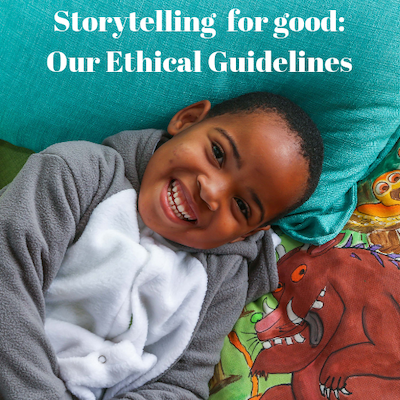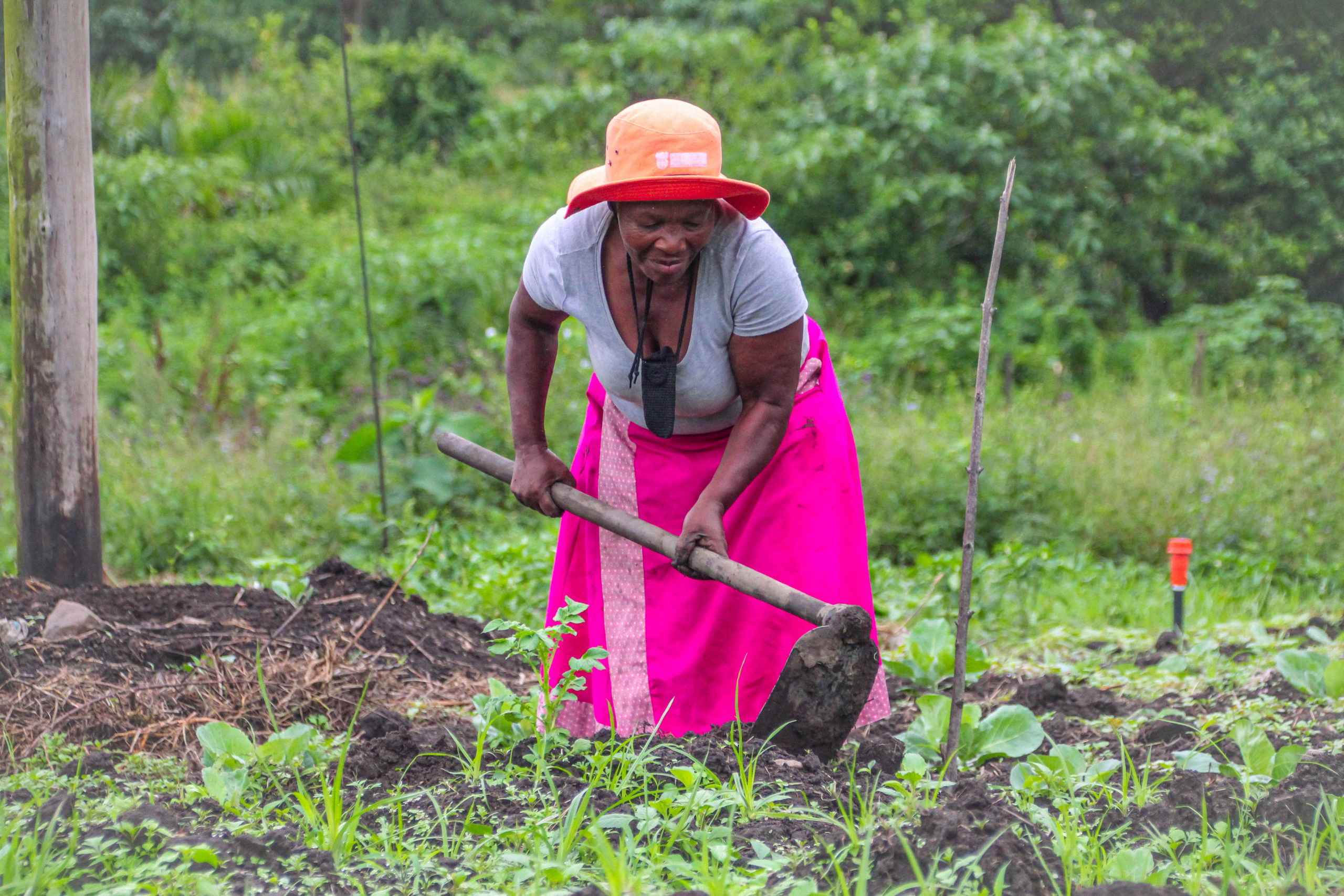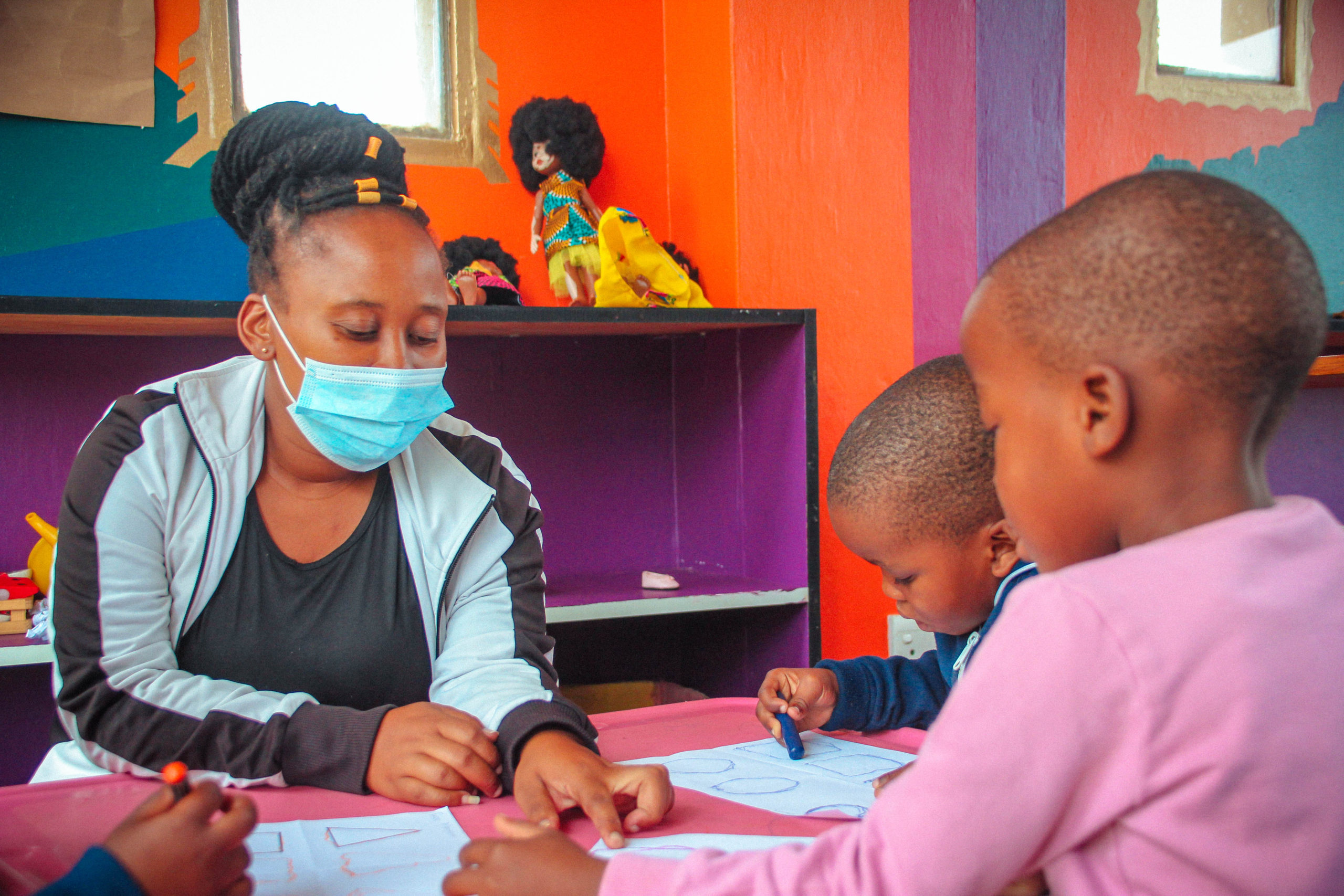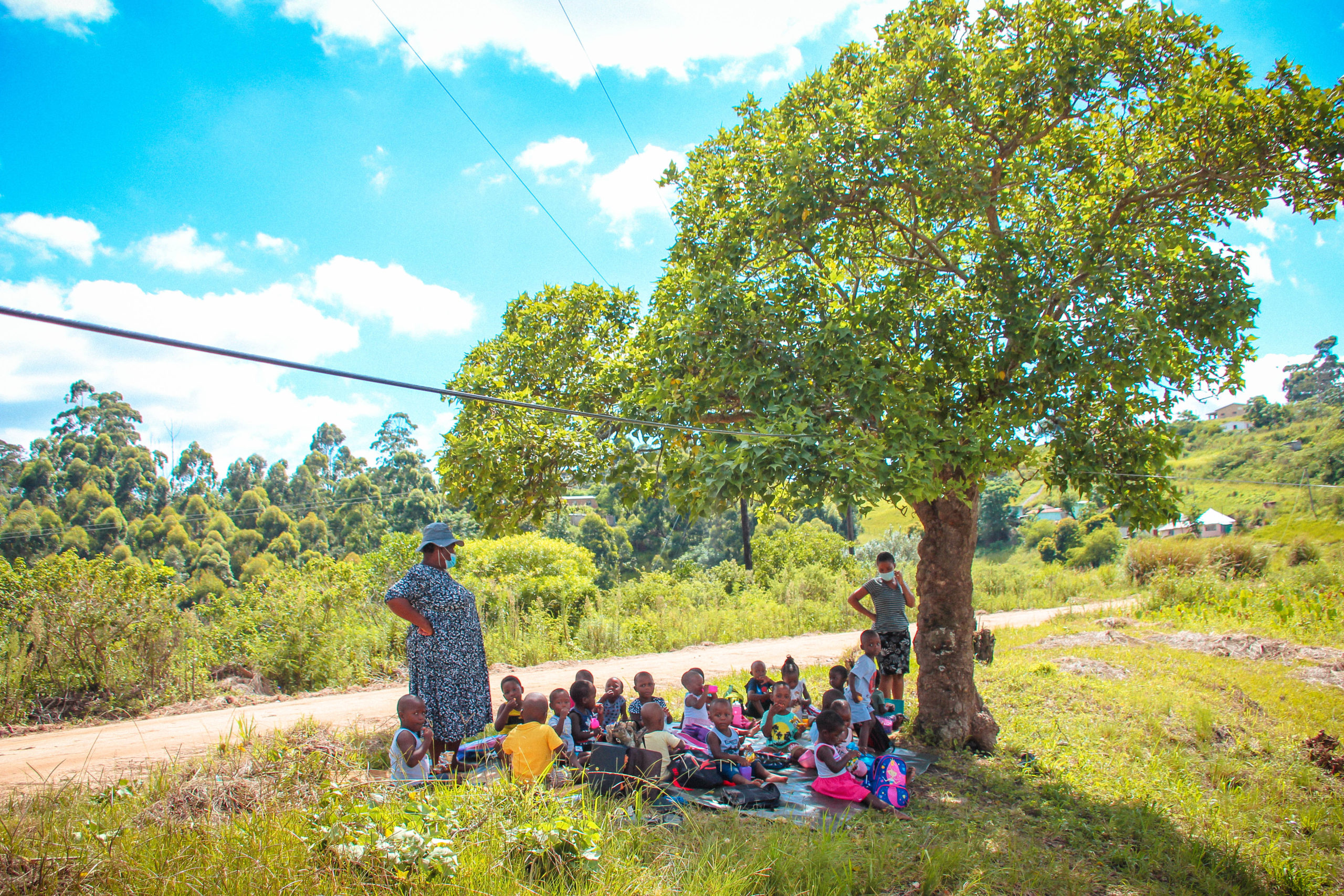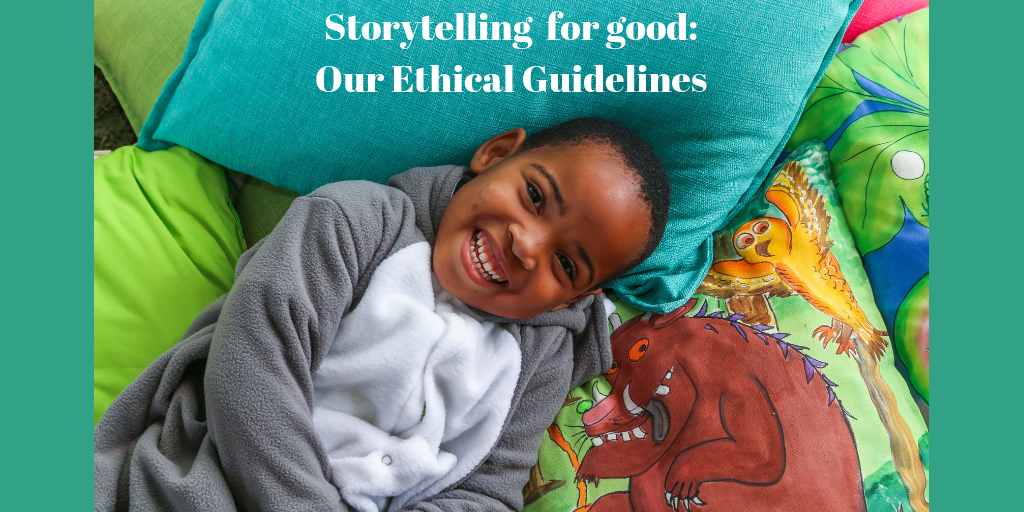
Storytelling is powerful. It acknowledges our existence and recognizes that we are more alike than different, connecting us to people around the world. The goal of non-profit or humanitarian storytelling, such as Thanda’s, is meant to raise awareness on important issues, challenge stereotypes and perspectives, create a deeper interconnectedness amongst people, and indirectly raise funds to support us. The fundraising part is where some organisations engage in questionable storytelling practises, for example, sharing images of malnourished children or economic collapse in order to entice someone to donate. Negative portrayals of beneficiaries are harmful because they exploit a persons’ condition in order to generate sympathy and perpetuate the idea that people are incapable of helping themselves. At Thanda, we believe in showing our beneficiaries as they are – individuals with dignity and strength, and although we work in a community that faces many challenges, we do our best to abide by ethical storytelling guidelines that empower and inspire, rather than create pity and hopelessness. We believe that by sharing stories in this manner, we maintain a respectful and trusting relationship with our community.
Our Ethical Storytelling Guidelines:
These were in part inspired by ethicalstorytelling.com and globalgiving.com.
Make sure the words and visuals reflect our mission: Empowering people to create positive change.
Challenge stereotypes and shift perceptions by depicting people as powerful, resilient lifelong learners.
Showcase the hero of the story and his/her ability to stand up against the norm, especially when it is harmful to others.
Prioritise respect, privacy and safety by collecting consent forms and guardian permission.
Learn from the community and let them tell their own story – every perspective adds value.
Always be honest and focus on educating the audience about the issue at hand, not exploiting it.
Remember, stereotypes harm dignity.
Ask yourself, “Would you be comfortable if this story or image were shared about your life?”
If you hesitate about sharing a story, don’t.

At Thanda, we focus our storytelling on personal stories that transcend geographical, socio-economic and cultural differences, while challenging our perspectives about the world and one another. We aim to give our reader someone to identify with and feel connected to, despite being continents apart. In turn, the reader or viewer becomes a part of the storyteller’s journey and that person’s story fosters empathy that will hopefully create a domino effect. A good story, that abides by our ethical storytelling guidelines, takes complex social issues and makes them personal.
Some of our favourite stories we’ve shared:
Our Storytelling Resources:
- Non-profit Triple Bottom Line from Global Giving
- TED Talk by Chimamanda Adichie
- RadiAid
- Ethical Storytelling Pledge
Our Marketing and Communications Coordinator, Alicia Carter, guides our storytelling strategy by sharing photos, videos, and interviews from our programmes on the ground. This year, she has shared her knowledge and the Thanda philosophies to assist other non-profit organisations in positive storytelling strategies using integrated communications, such as email newsletters and Facebook. To view her presentation, go here.


